Never mind the boogie monster - if your whānau is dealing with eczema, your kids probably have bigger worries at night time!
Eczema is notorious for flaring up at night and disrupting children's sleep - with can wake the whole family, night after night. Sleep disruption caused by eczema is very common, affecting up to 87% of adults with eczema - and The National Eczema Organisation says that up to 83% of children with eczema have difficulty sleeping at times.
It's no surprise that parents of children with eczema have said in multiple studies that apart from the itch, the detrimental effect on sleep is the worst thing about eczema.
There are different types of eczema, like atopic dermatitis and contact dermatitis, as well as other skin irritations like psoriasis and rosacea, which can cause itchiness, inflammation, swelling, redness, cracked skin, and scratching.
Scratching is a real problem, as it leads to further irritation, cracking, weeping and scaling... and sometimes infection from scratching contamination. Not only that, itching can cause eczema flare ups as the body releases inflammatory mediators which aggravate the eczema, and exacerbate symptoms. The eczema rash can then spread further, as the skin inflames around the itch.
Did you know? When we itch eczema, it gives short-term relief because receptors on the skin are temporarily damaged, so the brain sends pain-relieving chemicals to the area, such as feel-good neurotransmitter, serotonin, which can create a feeling of happiness, as well as providing itch relief. But the serotonin reacts with receptors on nerves that carry itch signals, making the itch worse.
Eczema can be worse at night because barrier creams may have worn off, we may scratch in our sleep without realising, and our body temperature decreases at night, which may make our skin feel itchy.
And a lack of good sleep can lower immunity, make children more susceptible to infection, more sensitive to pain, and more stressed. It can impair our cognitive abilities, disrupt behavior, and increase emotional disruption.
Tips for a good night’s sleep, even with eczema
We've gathered together our top bedtime eczema care steps, that are tried and tested by the Frankie Family.
1. Eliminate as many triggers as possible!
Watch out for and avoid:
- chemicals like soaps, bubble baths, lotions, and cosmetics that contain fragrances or dyes
- shampoos and other products that contain cocamidopropyl betaine, which can cause allergic contact dermatitis, and is common even in eco brands
- antibacterial ointments, such as those that contain neomycin or bacitracin
- baby wipes that contain isothiazolinones
- household cleaners
- synthetic fibres, and fabrics that can irritate the skin, such as wool or polyester
- common allergens, such as pet dander, dust mites and pollen
- and - stressful events.
2. Bathing before bed
Bathing regularly helps to hydrate the skin and prevent infections. Using a good bath soak can have a therapeutic effect on irritated skin. In addition to the physical effects of a nice bath, they are mentally soothing and help relax your muscles. These factors can reduce stress, which is a potent trigger for eczema flare-ups.
Warm baths in the evening right before sleep time have been shown to help with falling asleep. Scientists think that this is because our body temperature starts to fall as we near our usual sleep time, and warming up the body first with a warm (but not too hot) bath followed by cooling down may 'jump-start' the sleep process, helping us fall asleep faster.
Make sure the bath is warm, not too hot, and add our Colloidal Oat Bath Soak or Natural Epsom Salts for skin soothing care.
Pat skin thoroughly dry, and avoid rubbing motions.
3. Moisturise skin well at night
It's best to moisturise irritated skin immediately after bathing to help lock in the hydration.
Use Frankie's Body Oil all over, and apply Kawakawa Repair Balm to any inflamed or particularly dry patches.
4. Keep bedrooms cool
Bedrooms should be above 18 degrees but not by much. Feeling hot can make people feel itchier, and sweat can irritate broken the skin, increasing itch.
5. Use natural fibres for pyjamas and sheets
Like day time clothing, sleepwear and linens made from pure cotton are gentler on skin and less irritating to eczema.
6. Stick to a great sleep routine
Here are some good basic steps to help your child (and you!) fall asleep well.
- Have a regular time for your bedtime routines all week - and,
- Have a regular time to get up too. Make sure that mornings involve lots of bright light and get started with the day - avoid TV or screens for at least the first two hours.
- Minimize bright light exposure and LED screens in the two hours prior to sleep, and,
- Keep bedrooms quiet and dark - make bedrooms a no-go zone for phones, tablets, TVs and any electronic games.
6. Minimise stress
Dennis Rosen, M.D. is the Associate Medical Director of the Center for Pediatric Sleep Disorders at Boston Children’s Hospital and Assistant Professor of Pediatrics at Harvard Medical School.
Dr Rosen notes that stress itself is worth addressing as a secondary cause of disturbed sleep for children with eczema.
"Sleep disturbances are very common in children who suffer from eczema, and stress seems to play an important role in triggering both. Treating stress, in addition to the “usual” interventions for helping children with sleep disturbances, is likely to help with both problems."
The technique of progressive muscle relaxation can effectively reduce itch, sleep disturbances, and stress in people with eczema. This exercise is a mindfulness practice which is easy to introduce to children as a nice relaxing game. The person tenses different muscle groups for ten seconds, then relaxes for twenty seconds, then tenses the next group of muscles. The theory is that the reduction in stress is what helps the technique work.
As a parent, you will know what routines and activities help your child cope with stress and relax - maybe snuggle games or bed time stories, a favourite toy, or a regular ritual at bedtime. Try to make sure that your child's day 'winds down' peacefully, and integrate these calming activities as part of your bed time eczema care routine.

We hope this list of ways to help eczema has been useful.
if you have ideas to share with other parents, please comment below! And if you want to try our Colloidal Oat Soak, Body Oil and Kawakawa Balm, you can get all three in the Eczema Saviour Bundle.


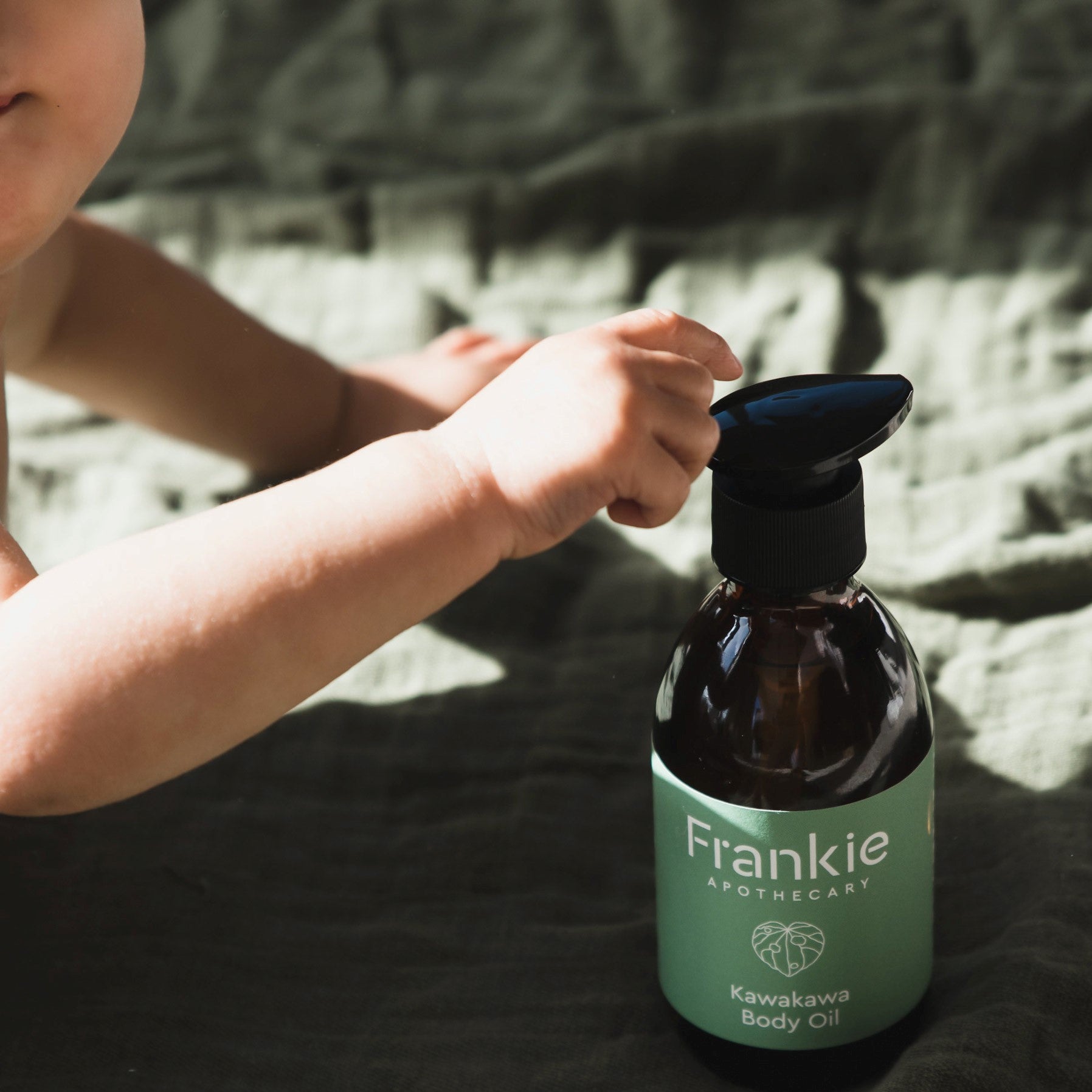
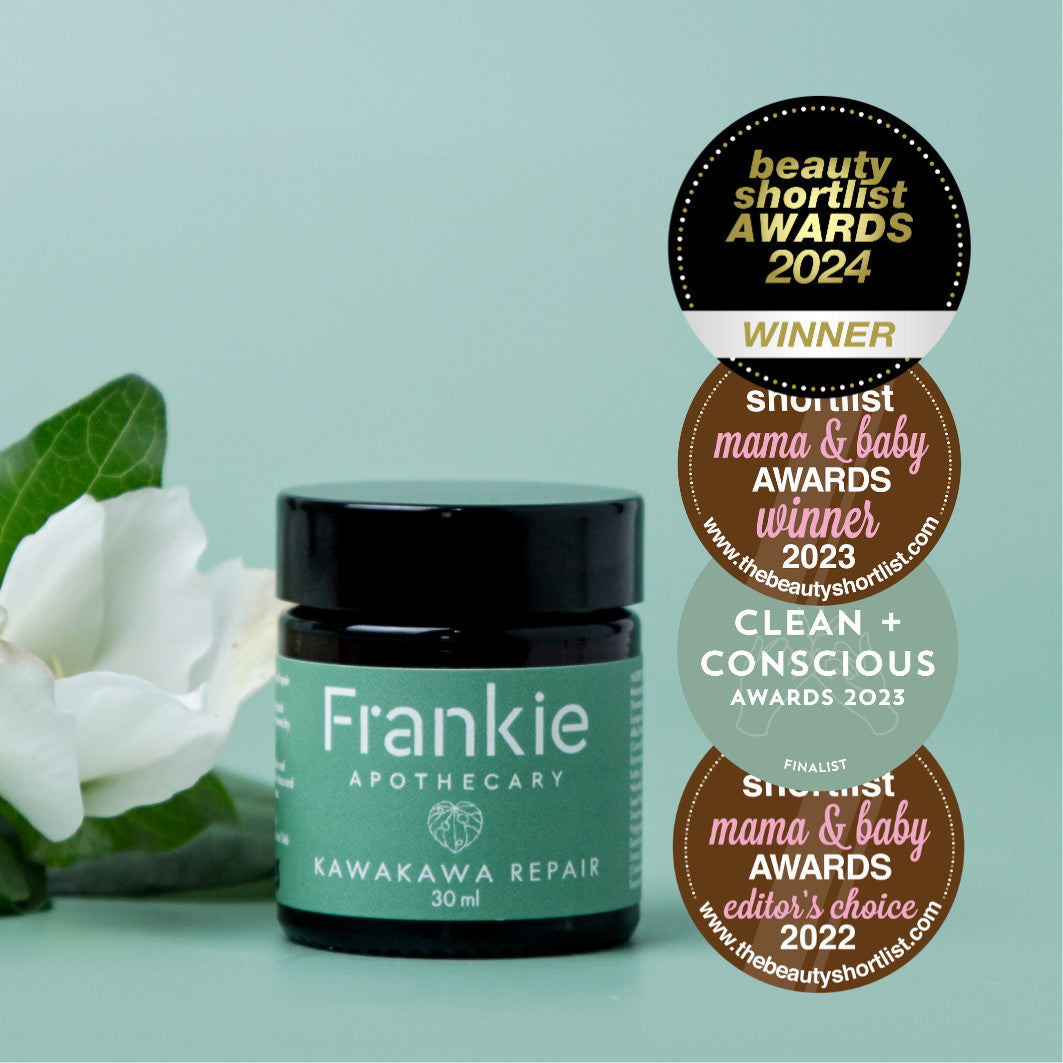
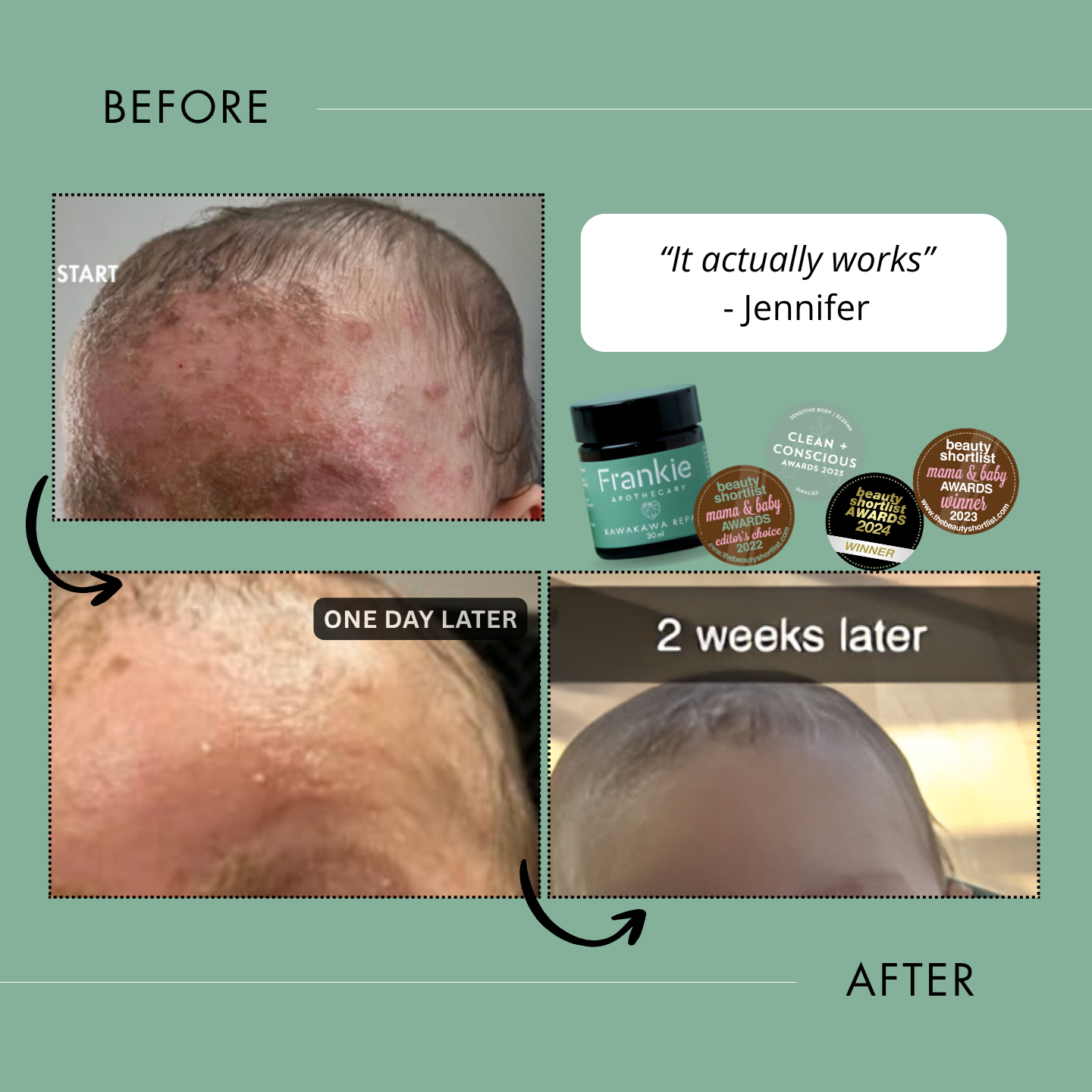
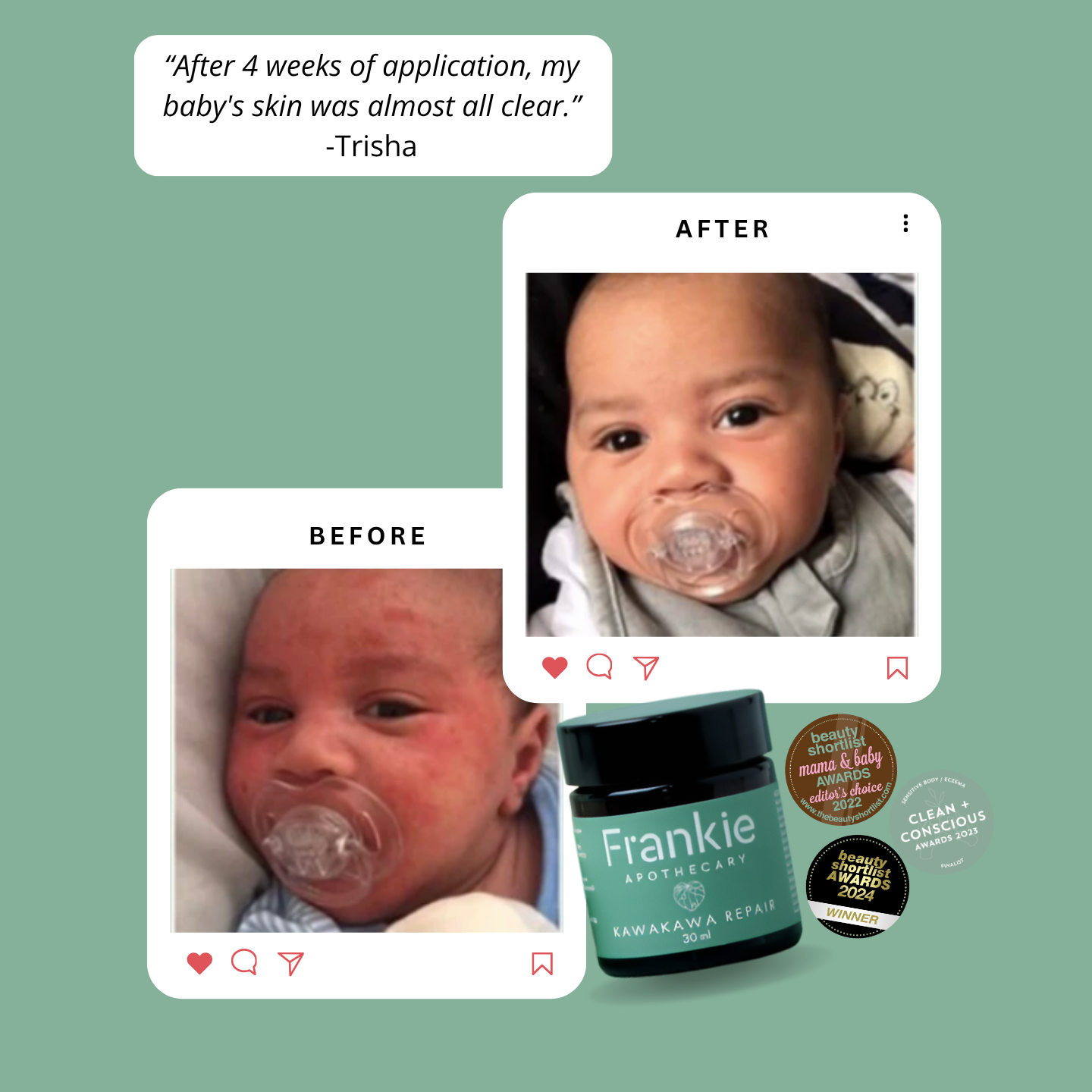
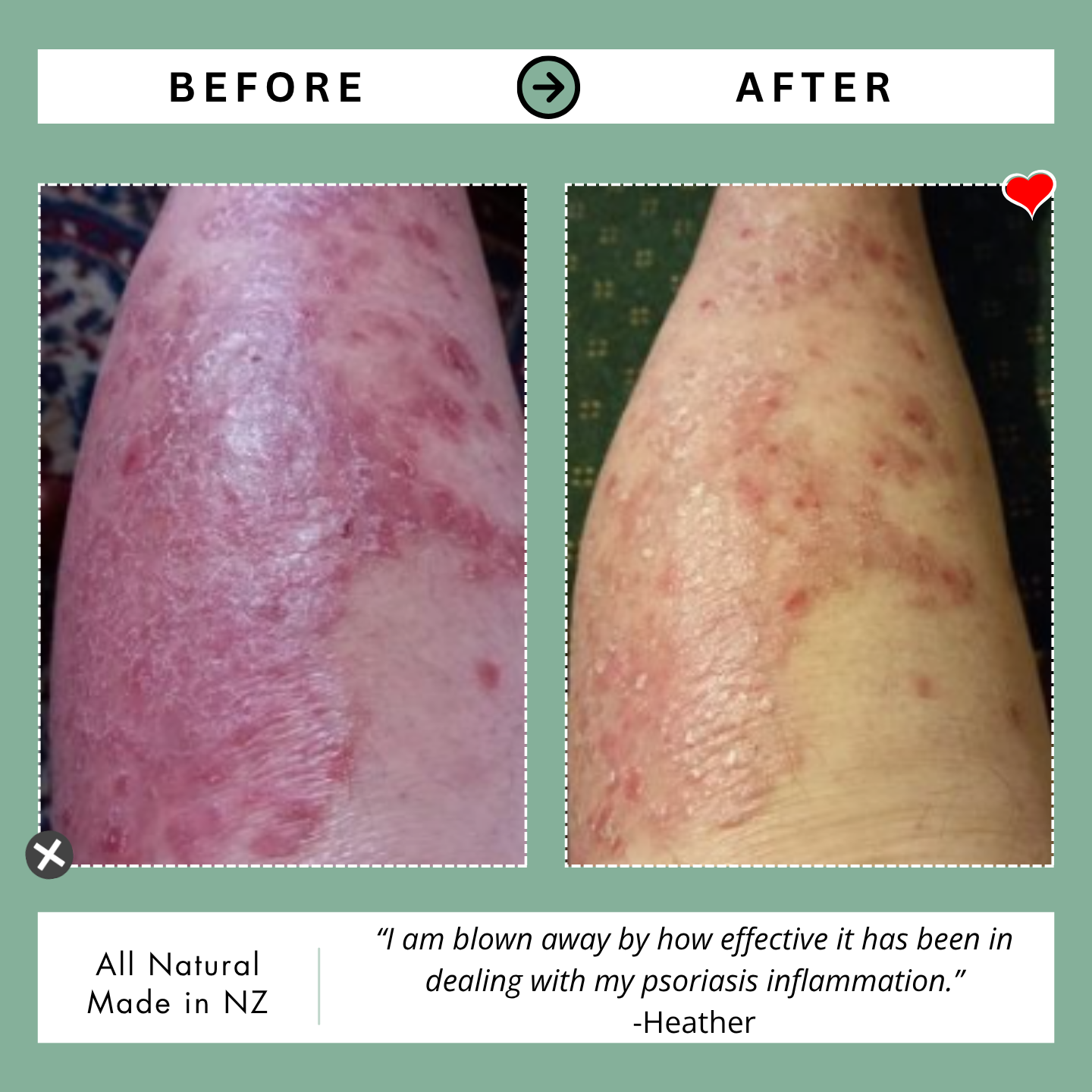
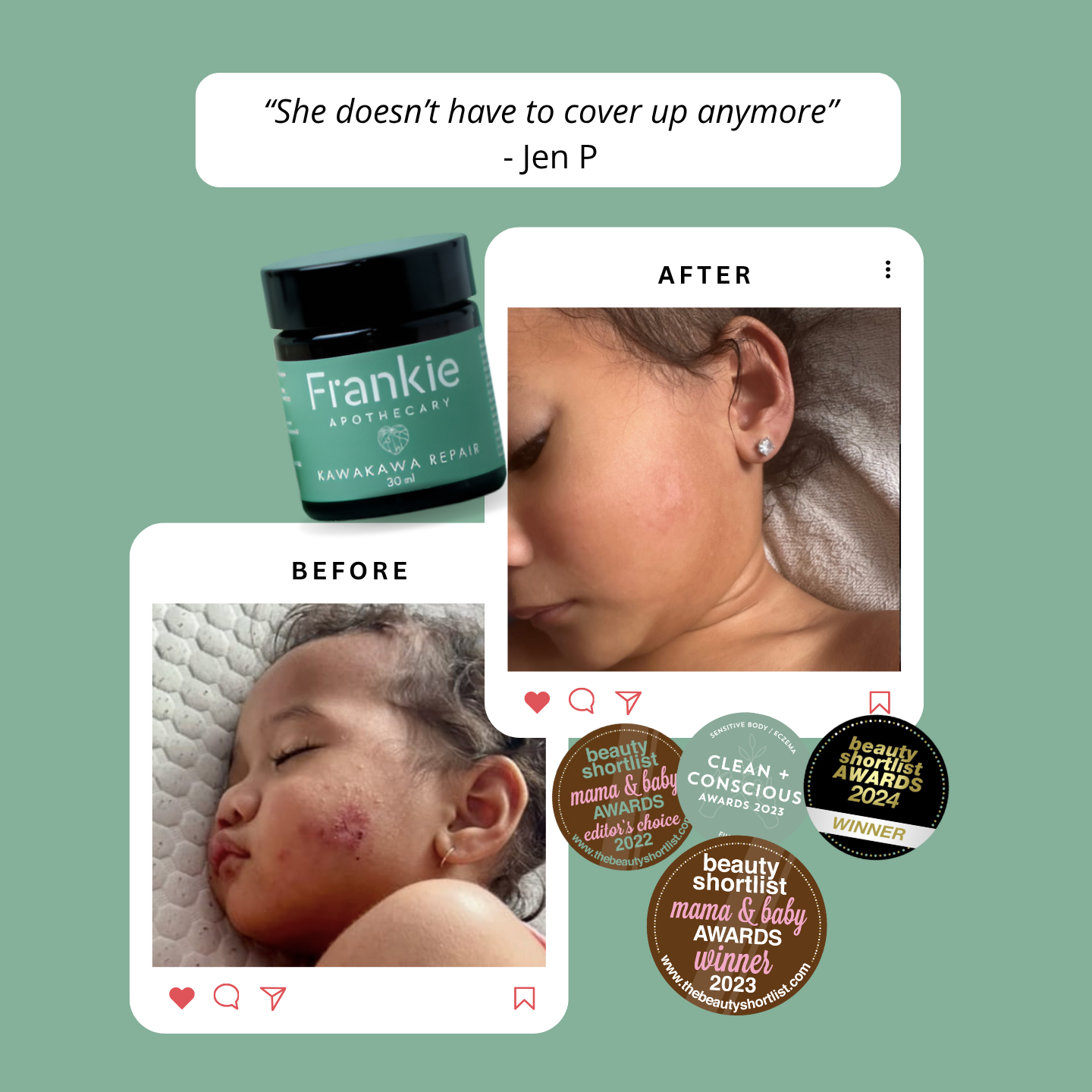
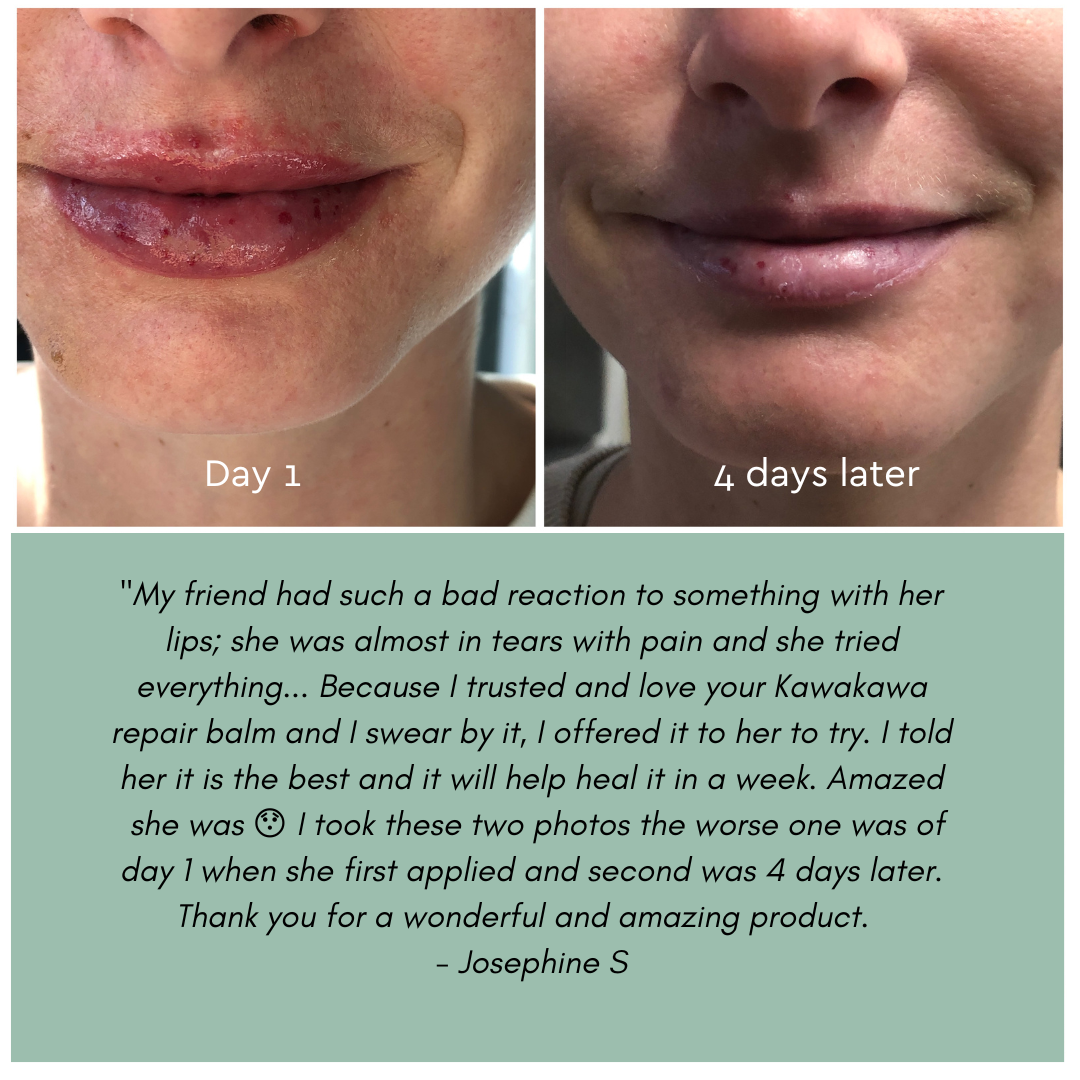
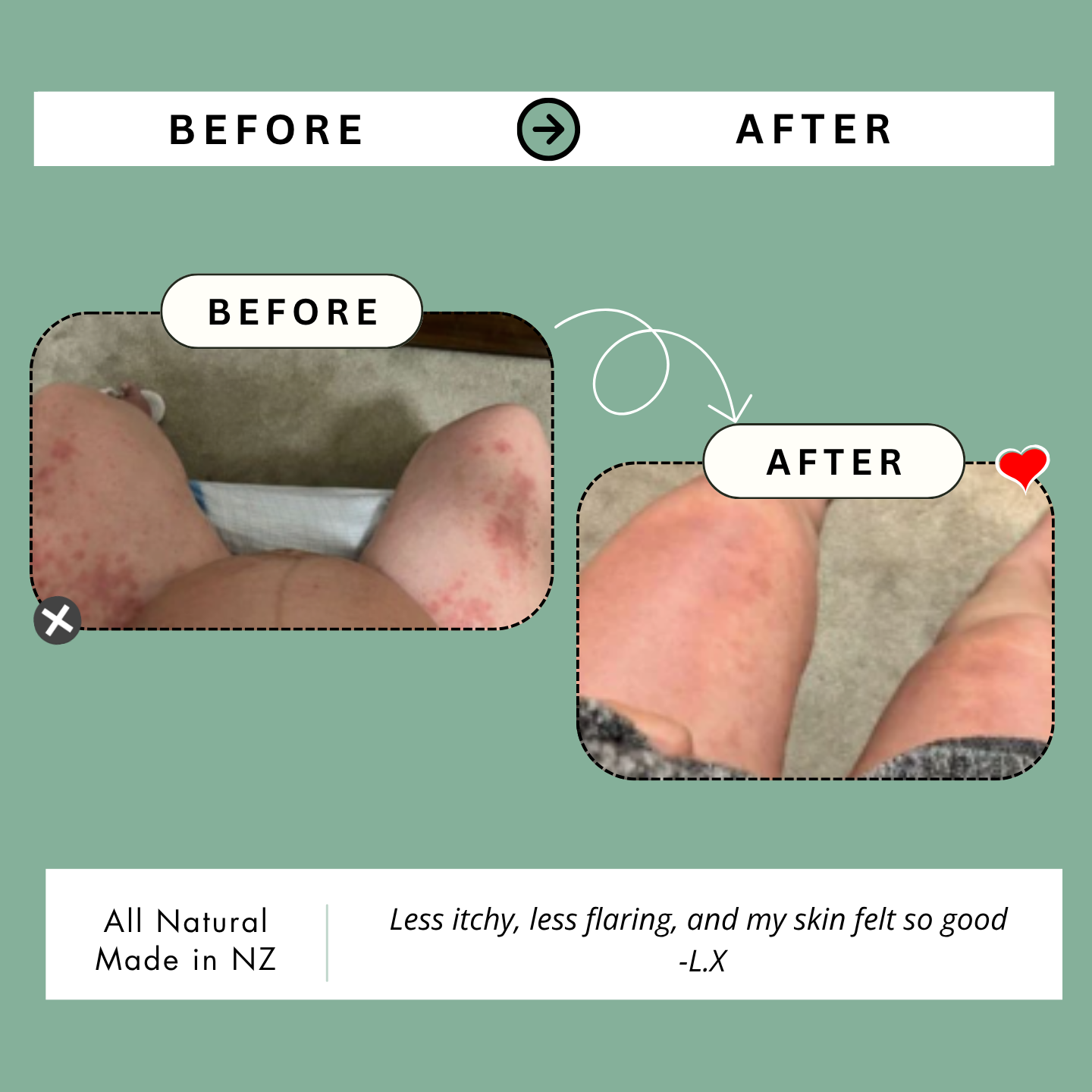
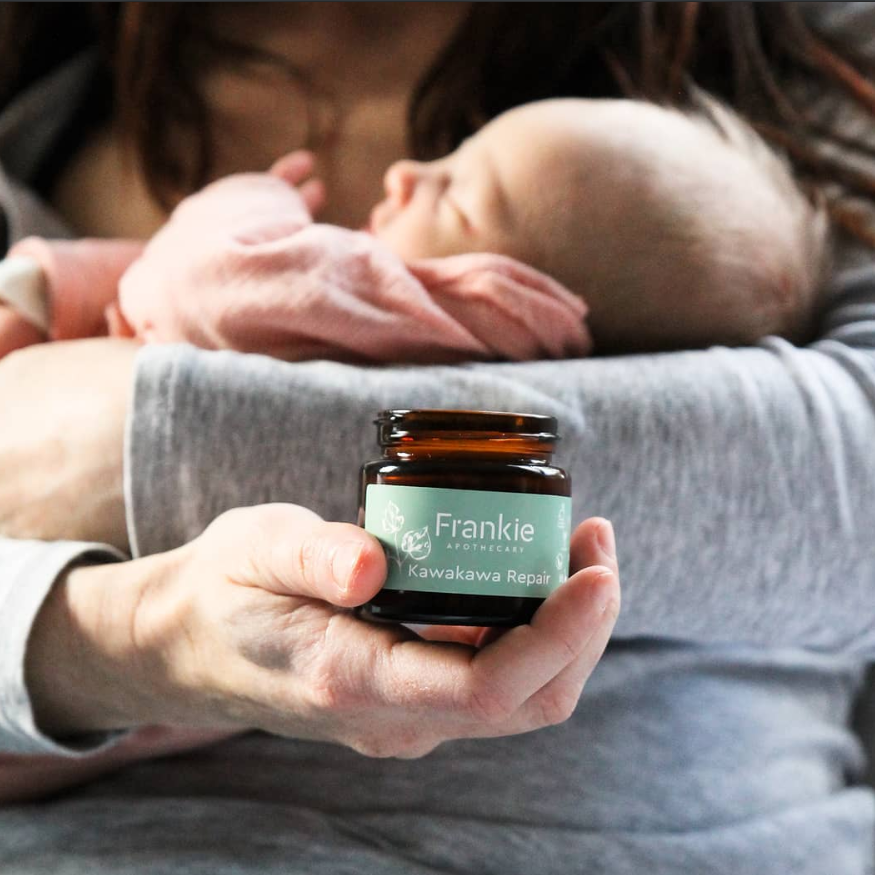
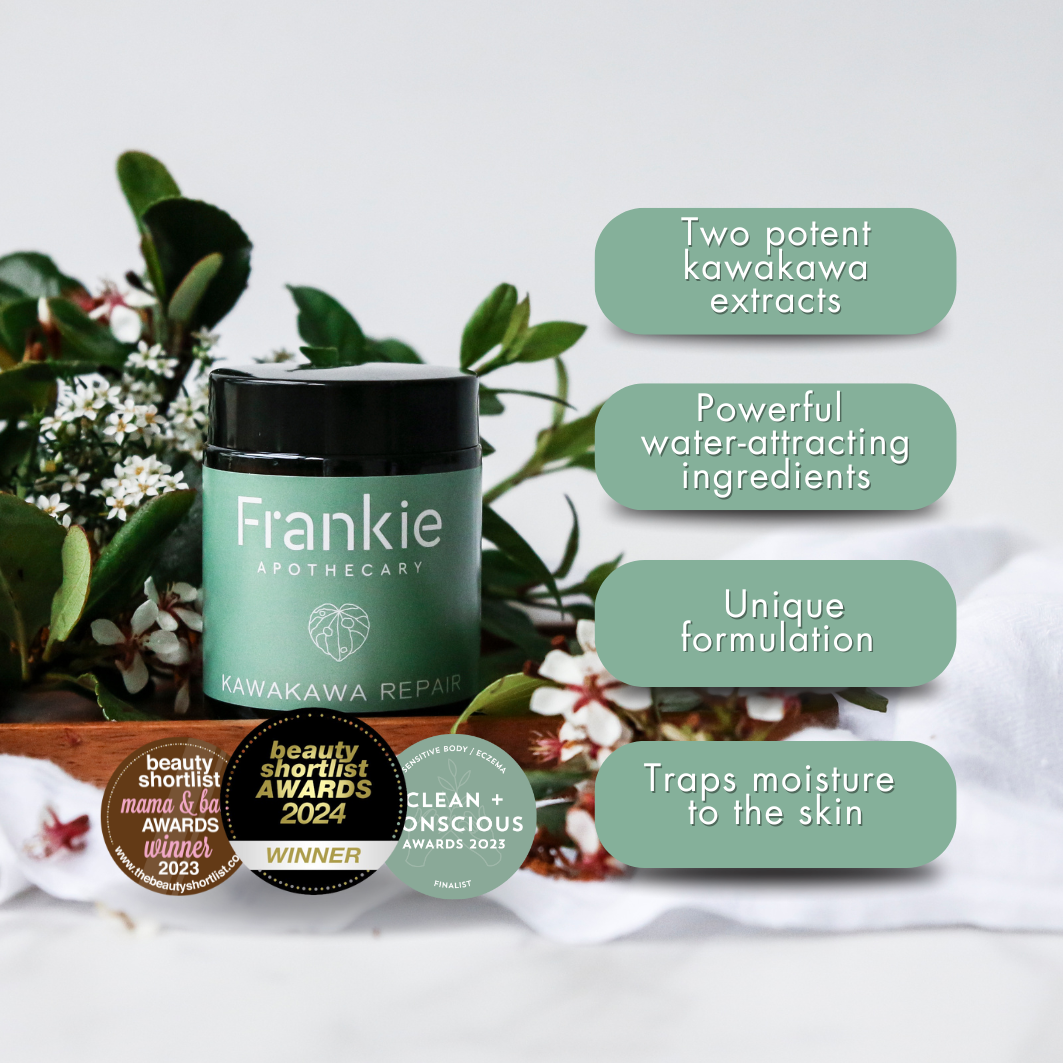
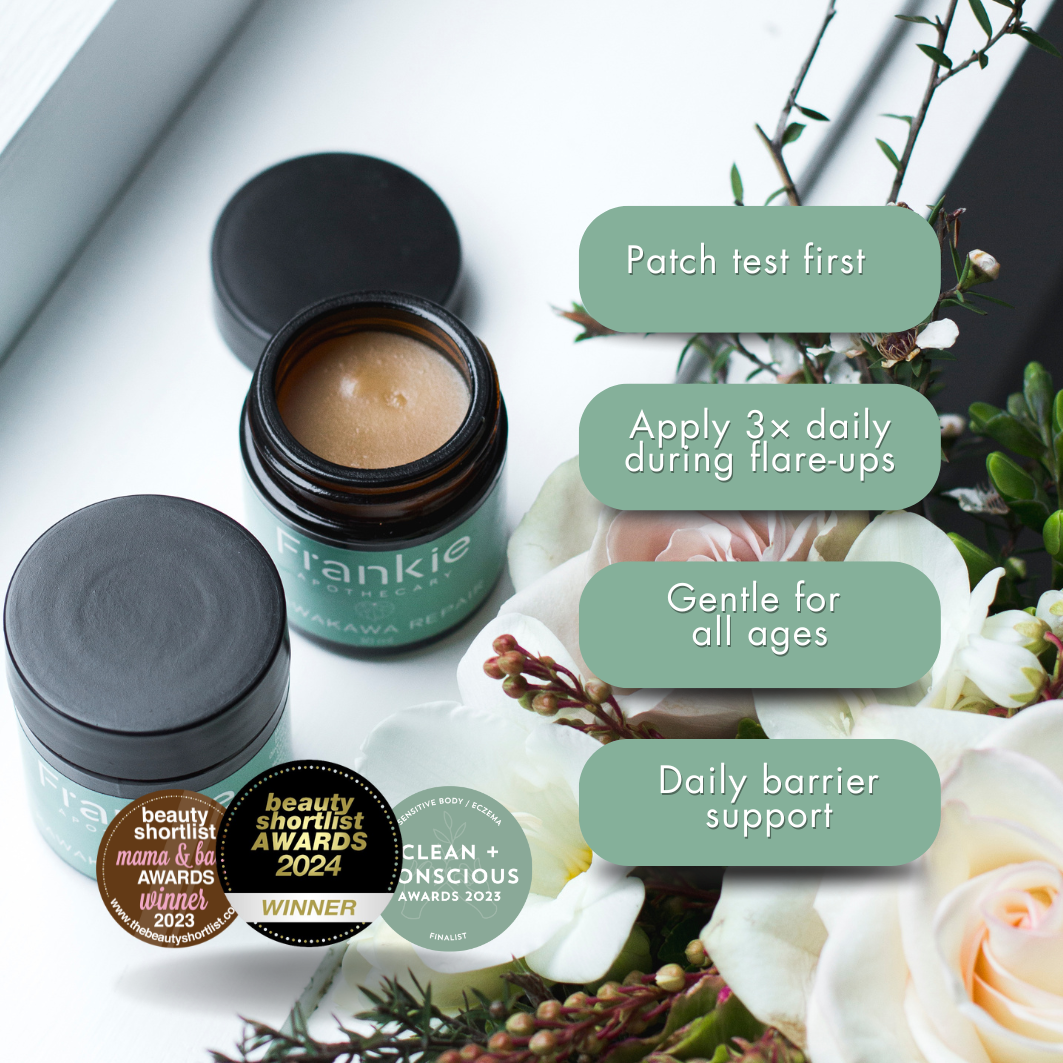
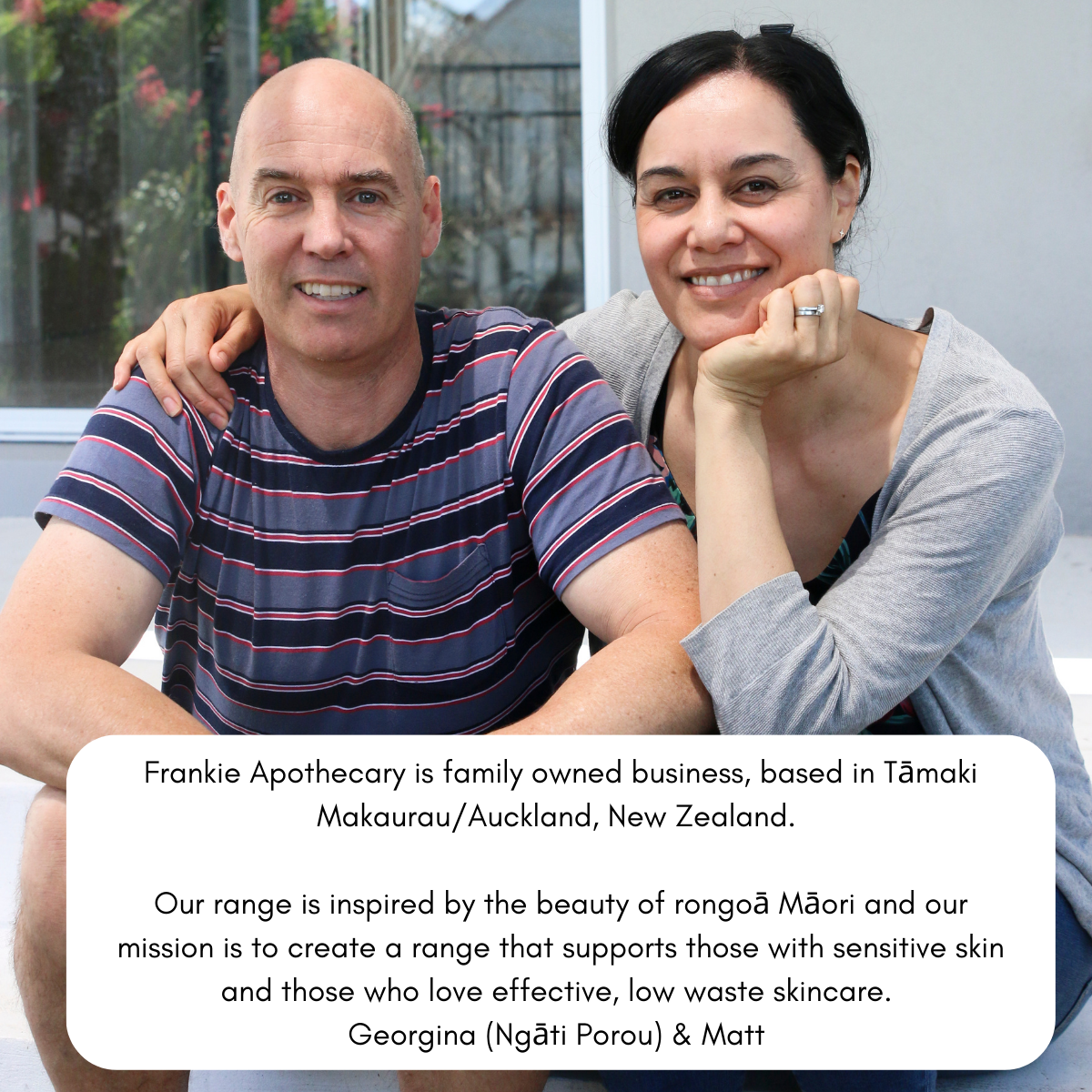
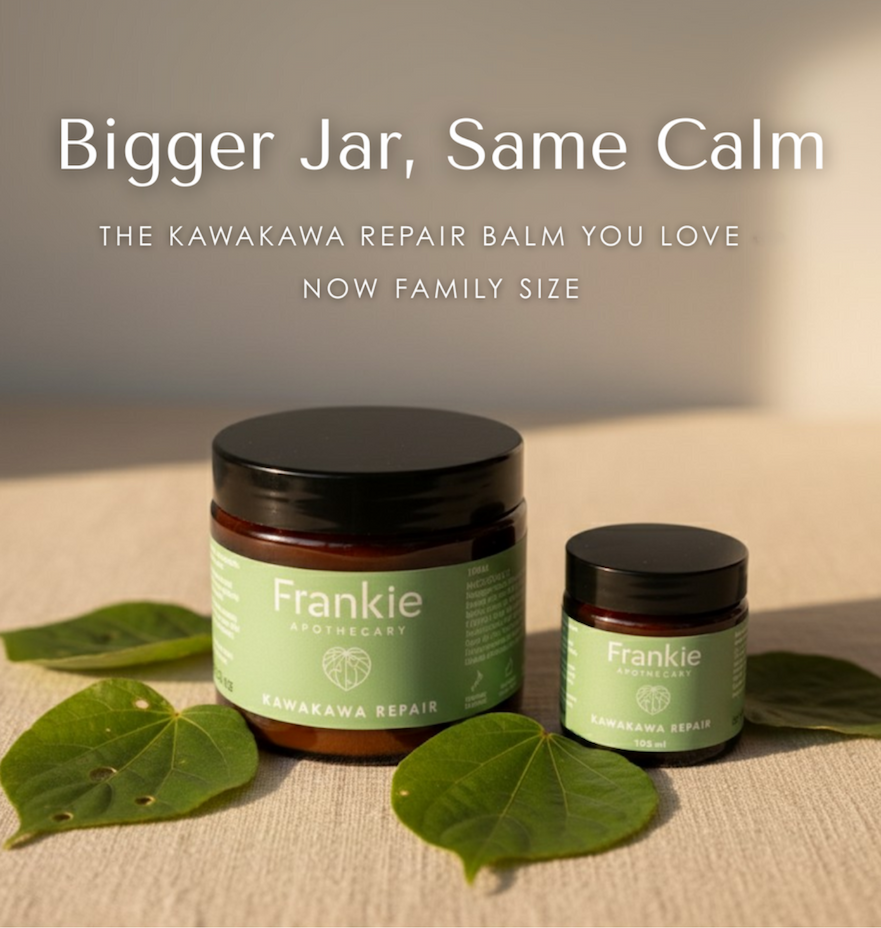
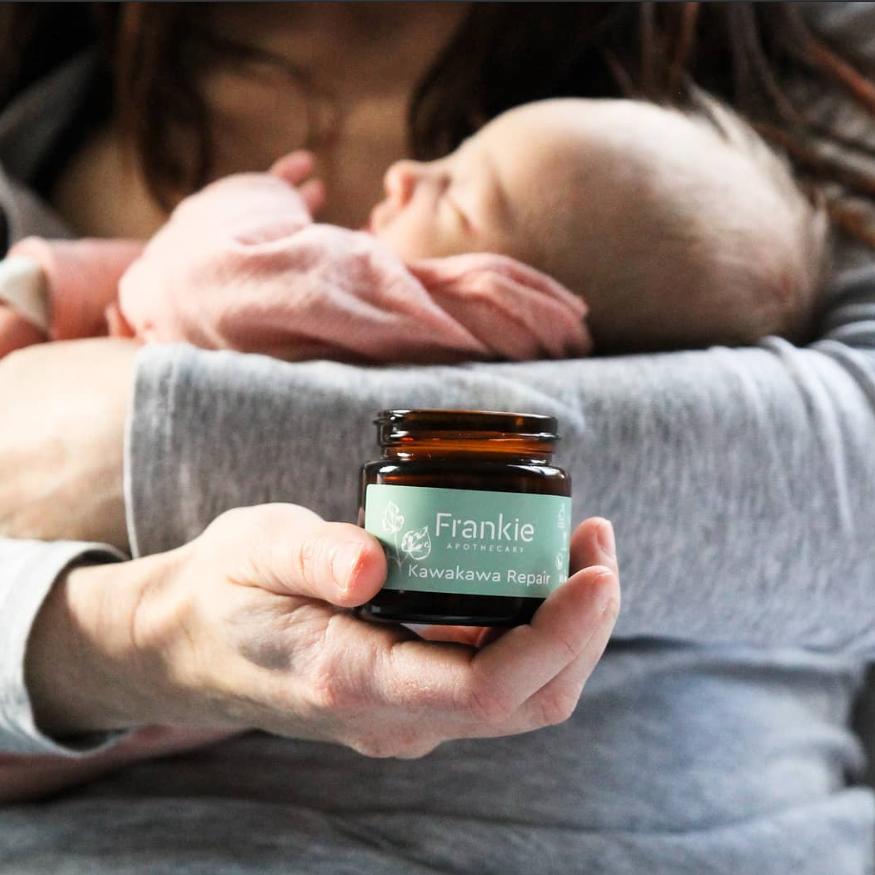
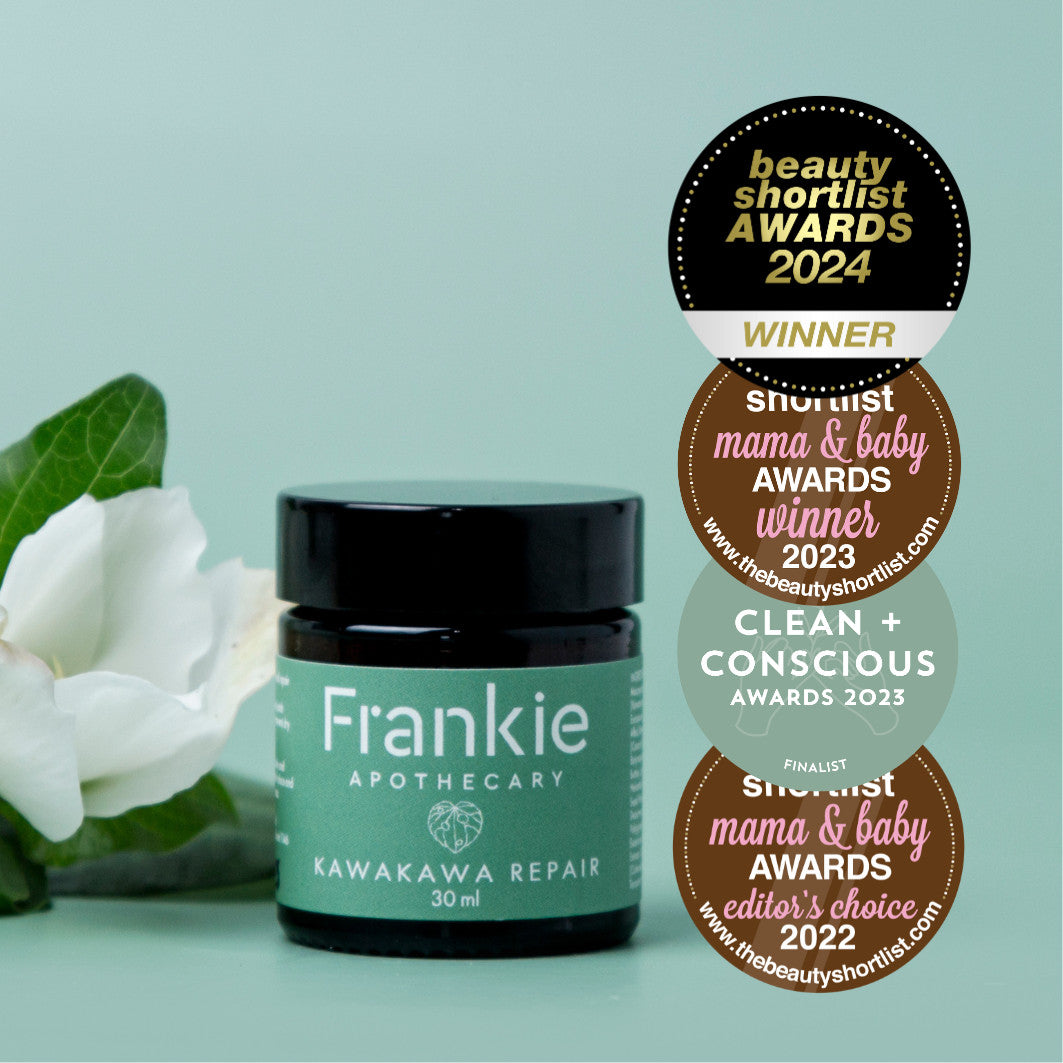
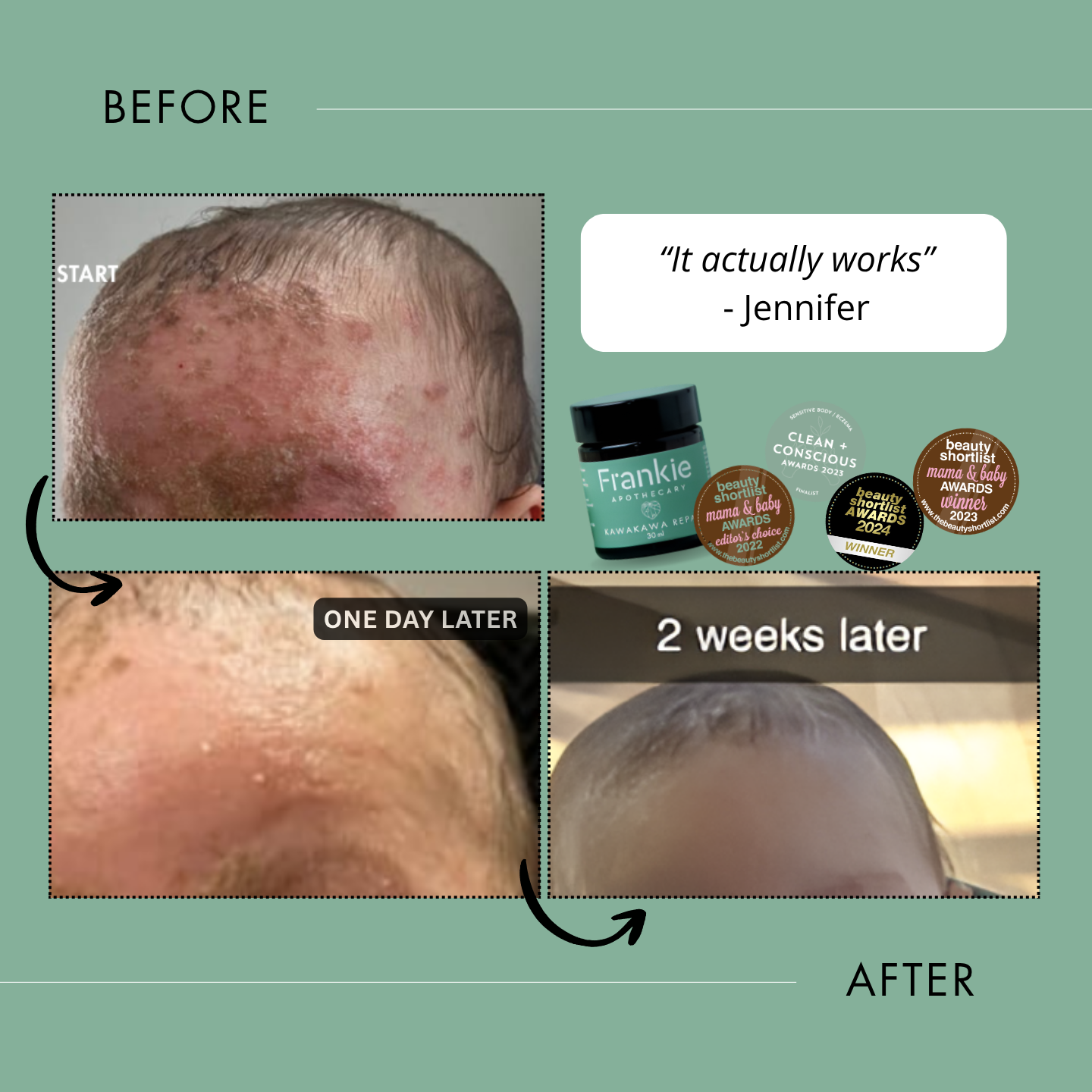
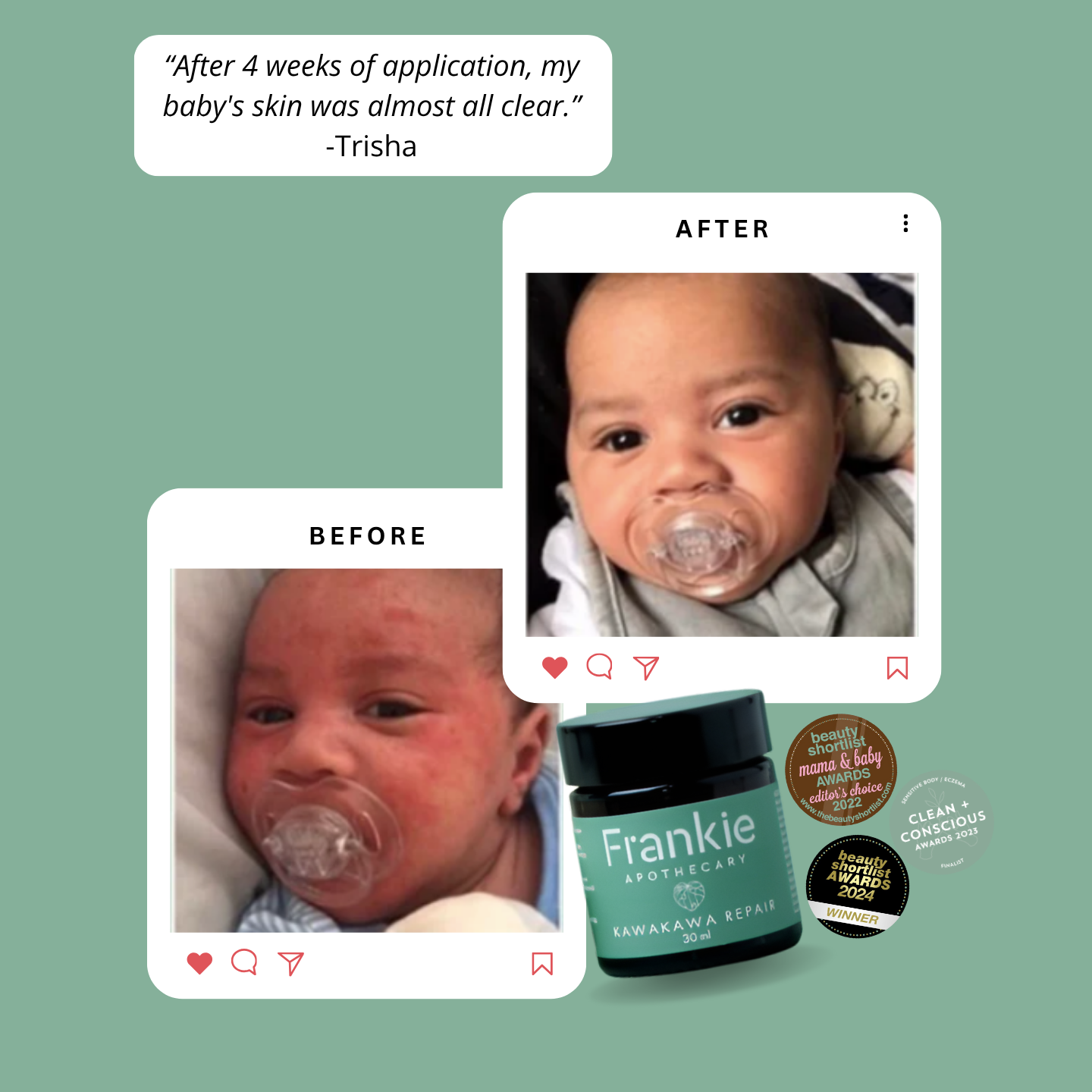
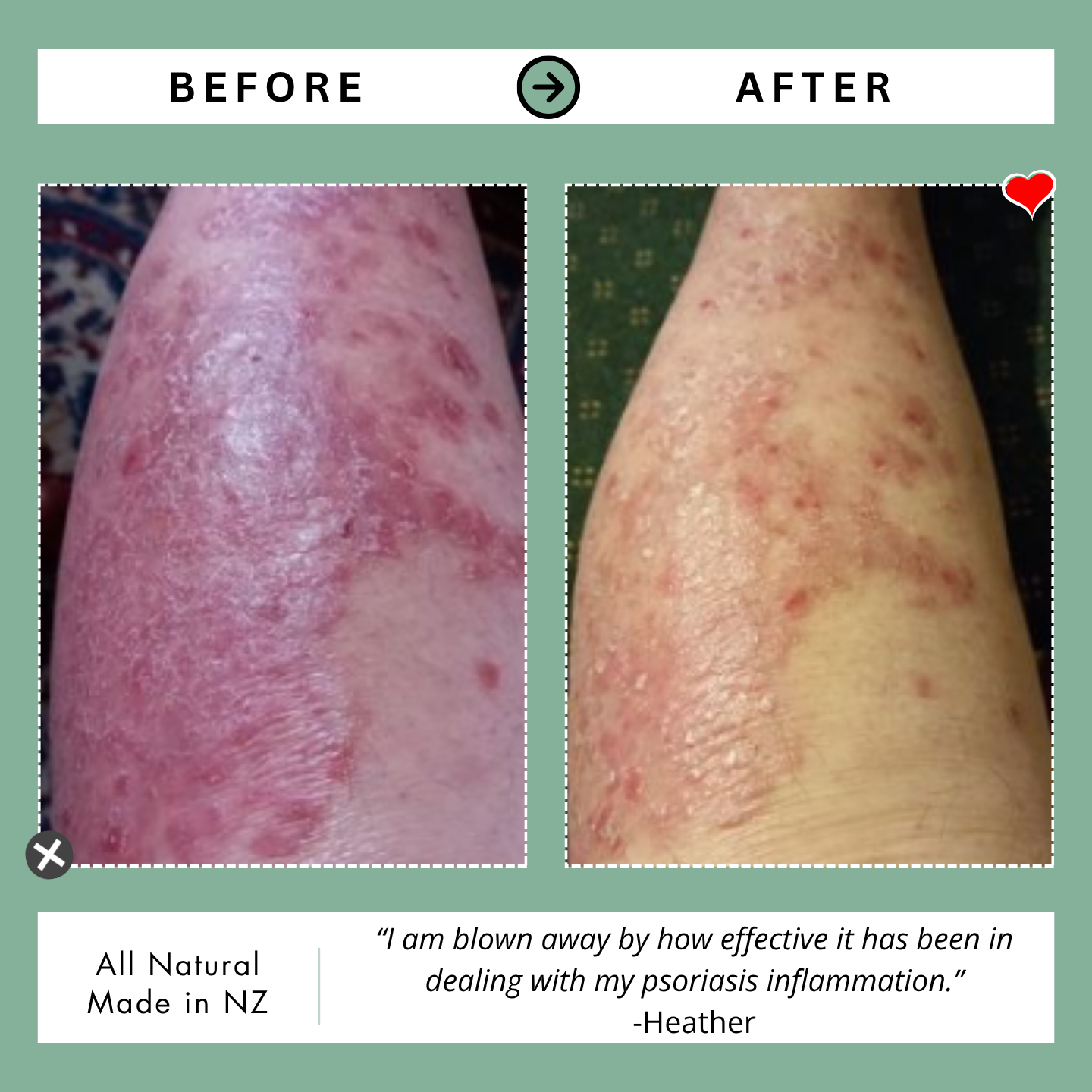
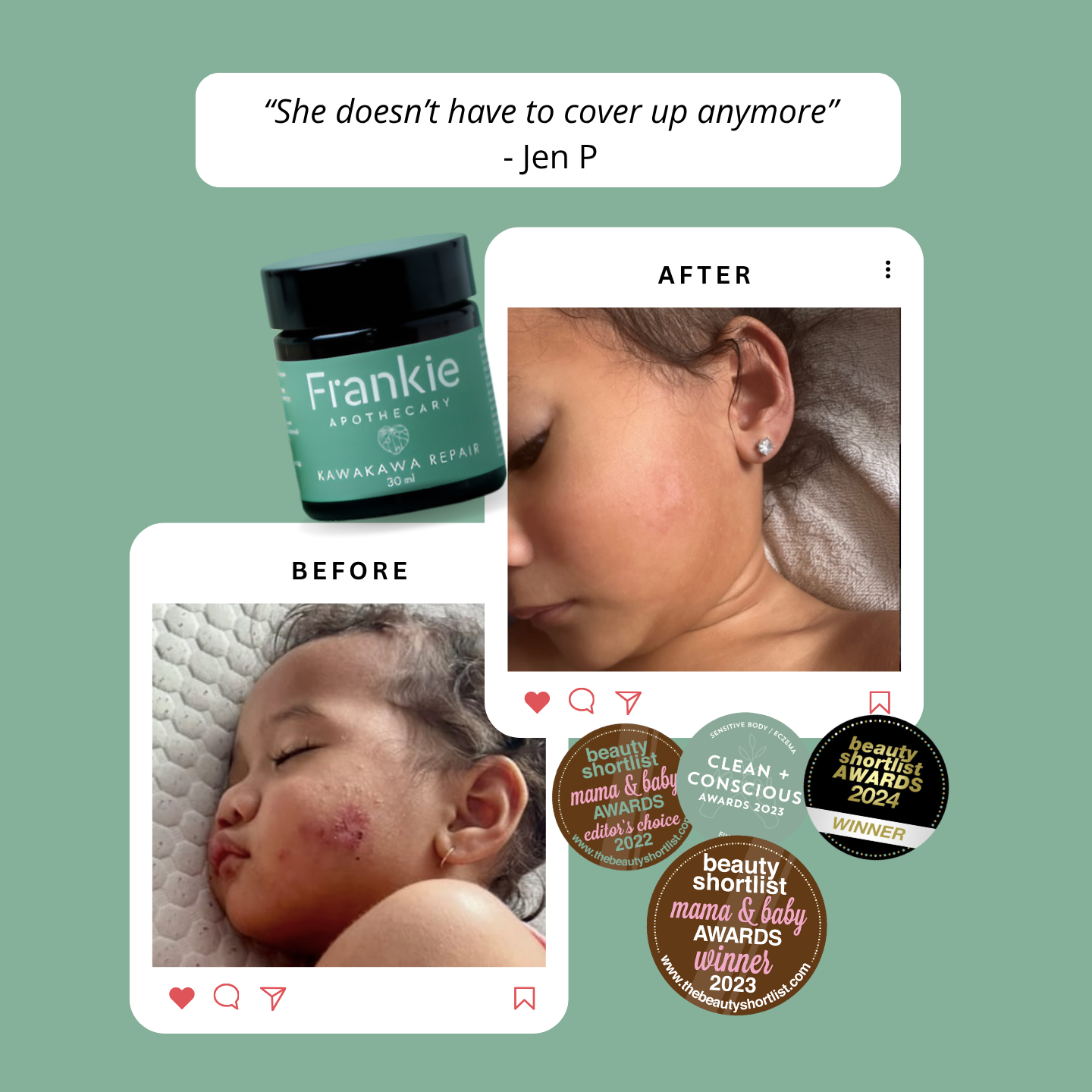
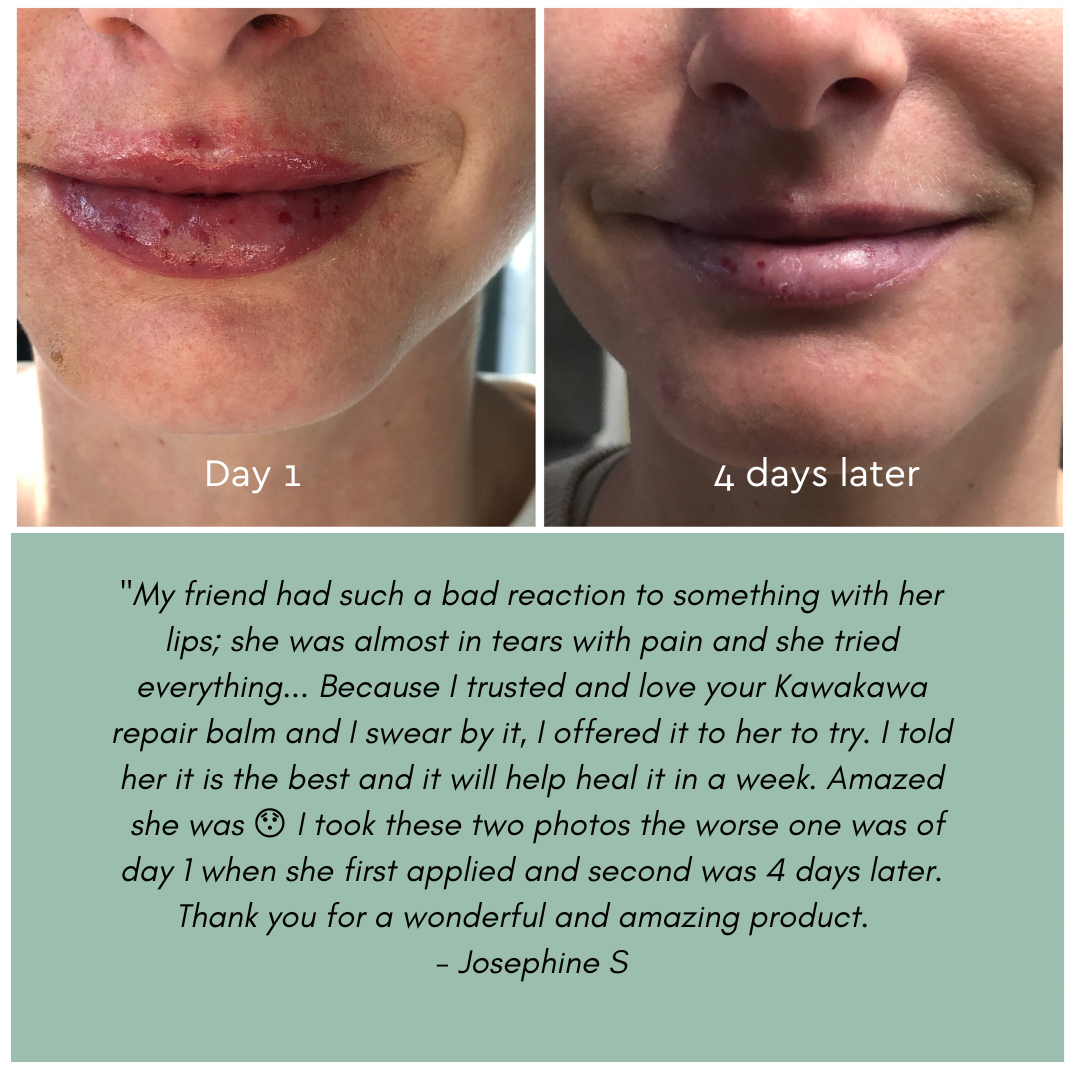
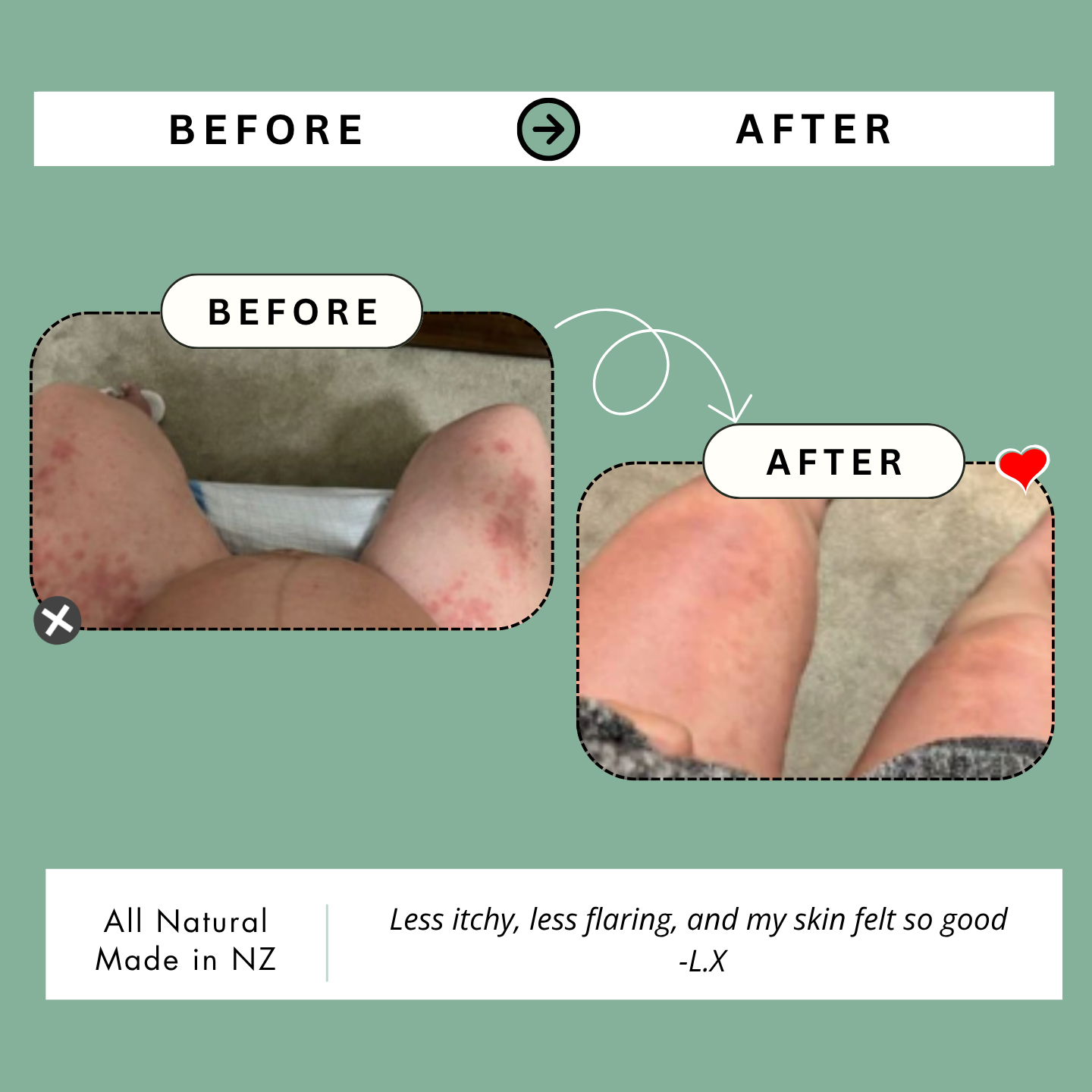
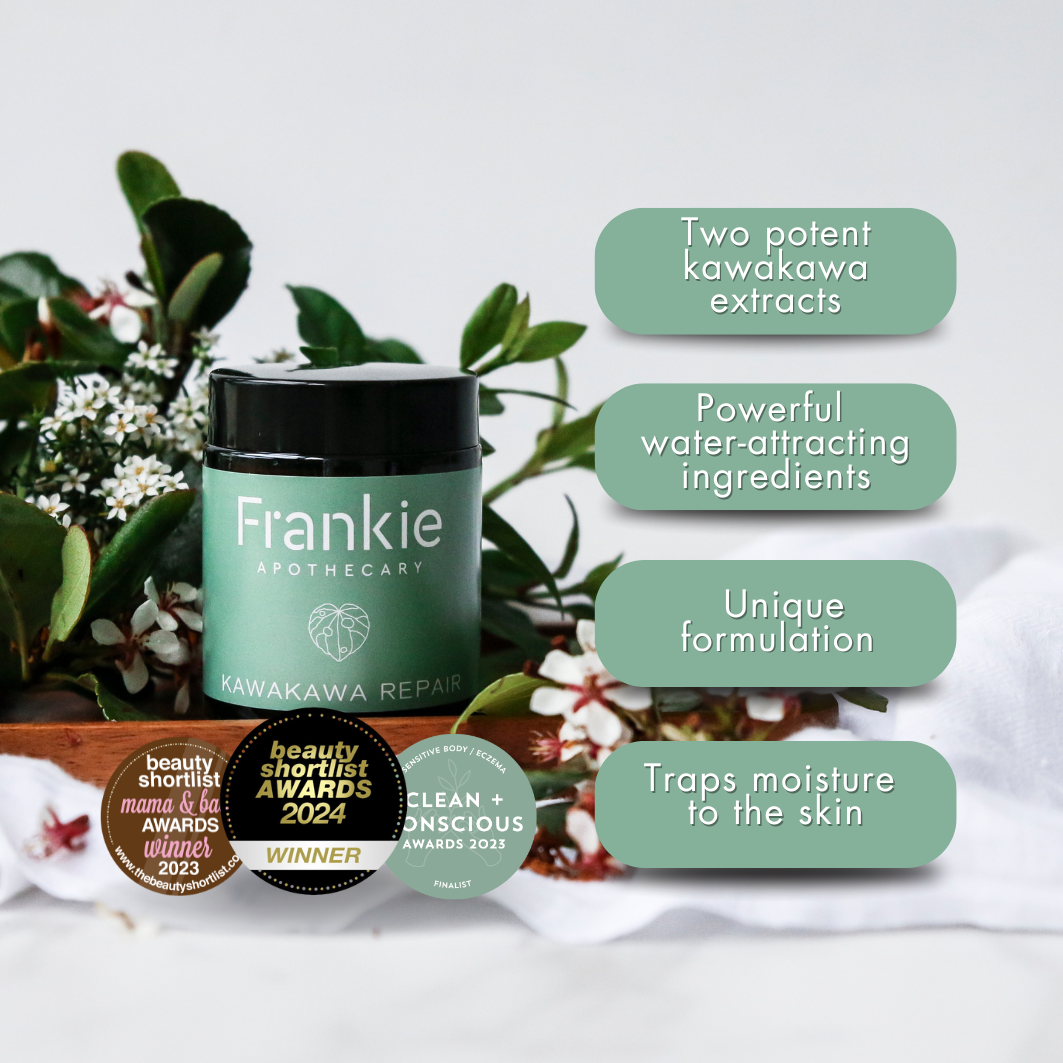
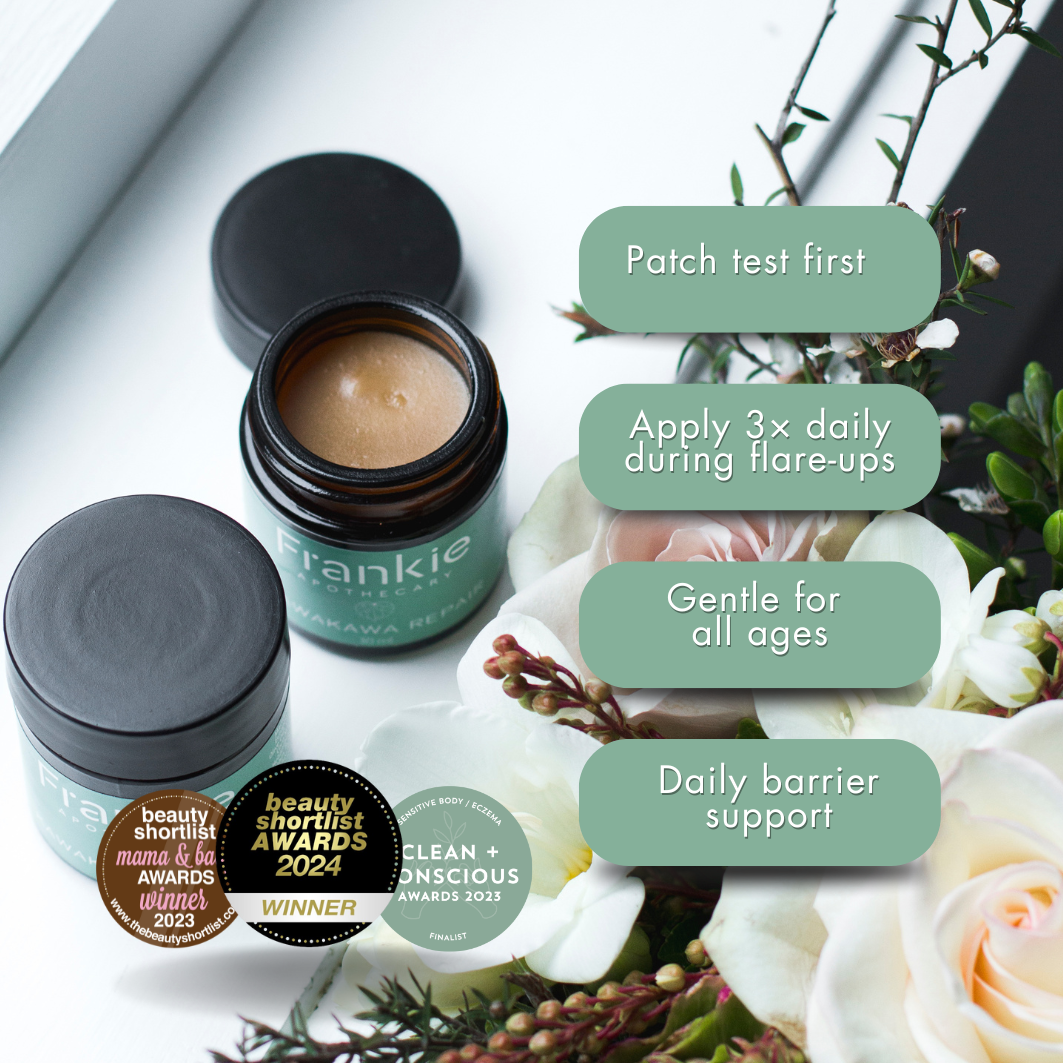
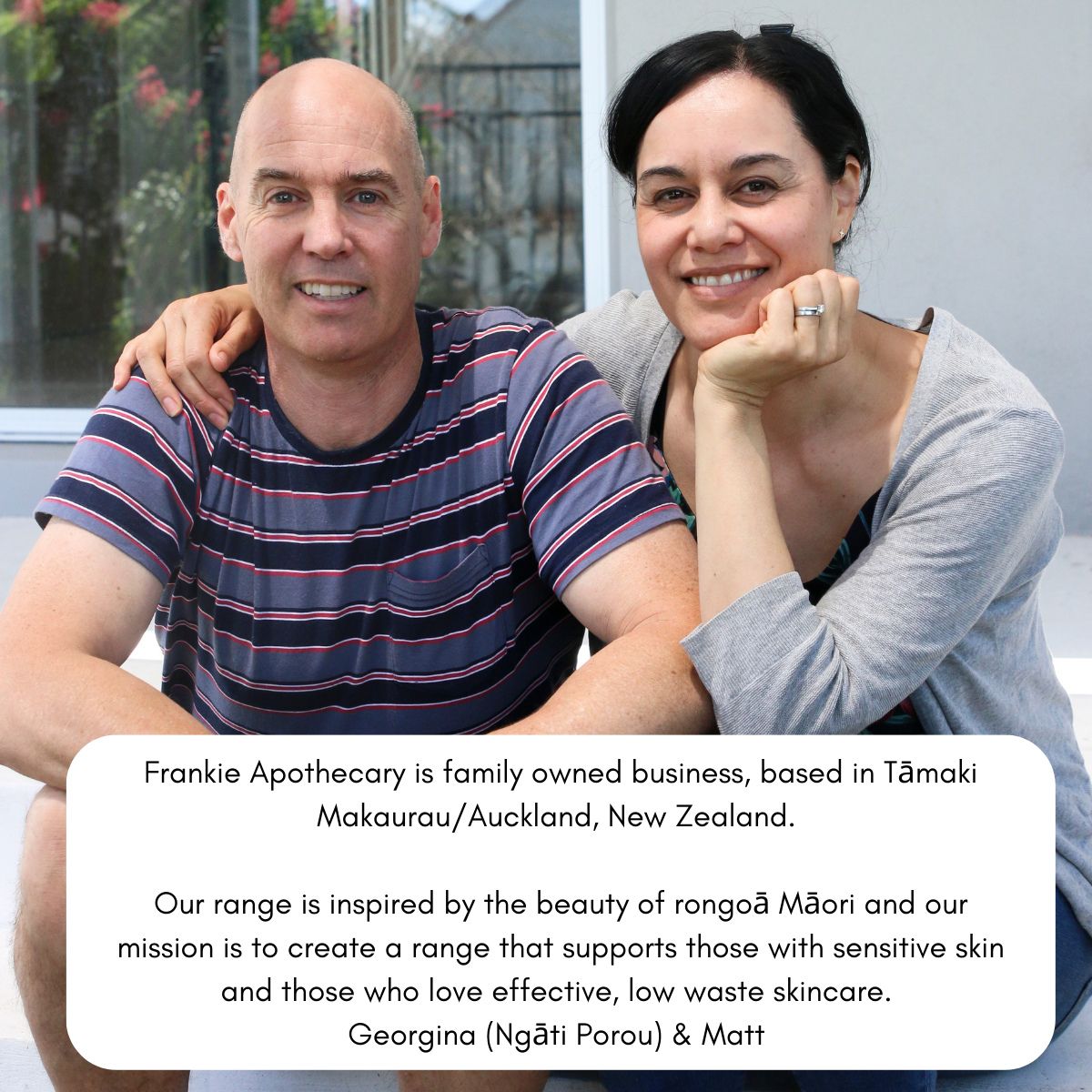
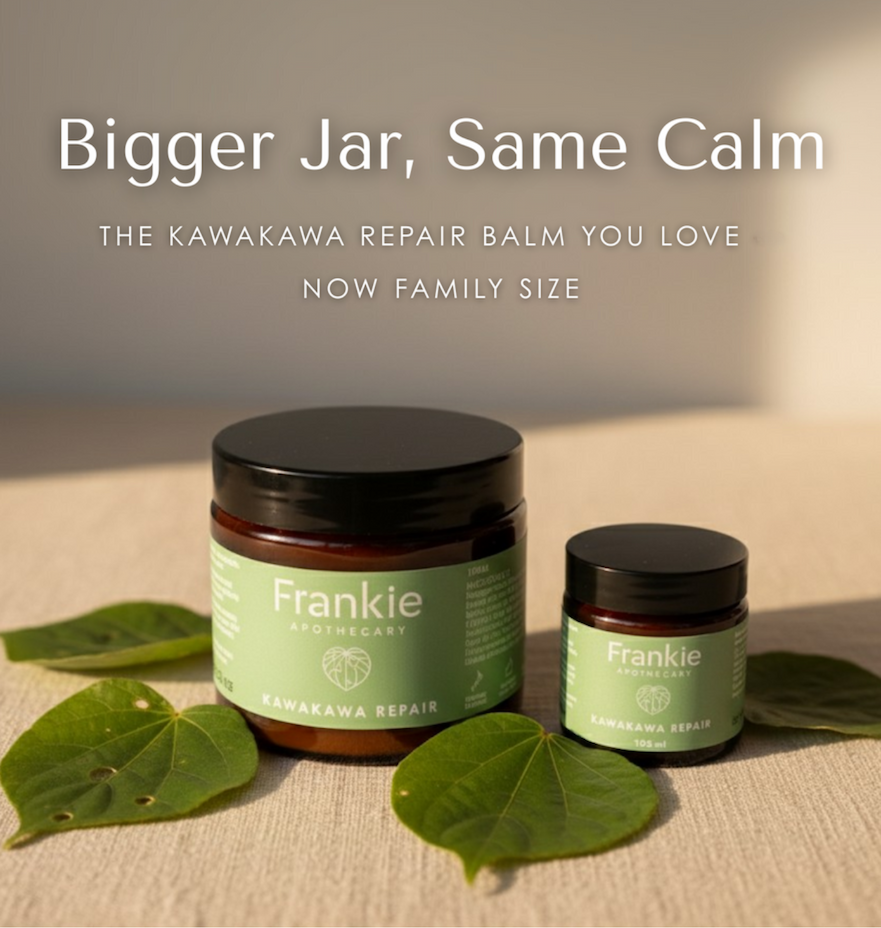



1 comment
Thanks, great article